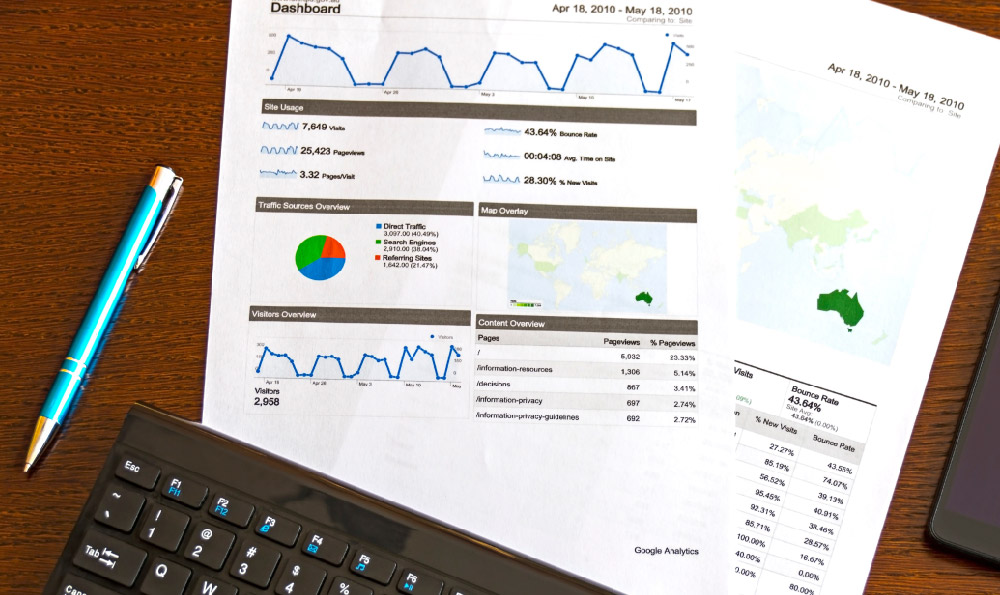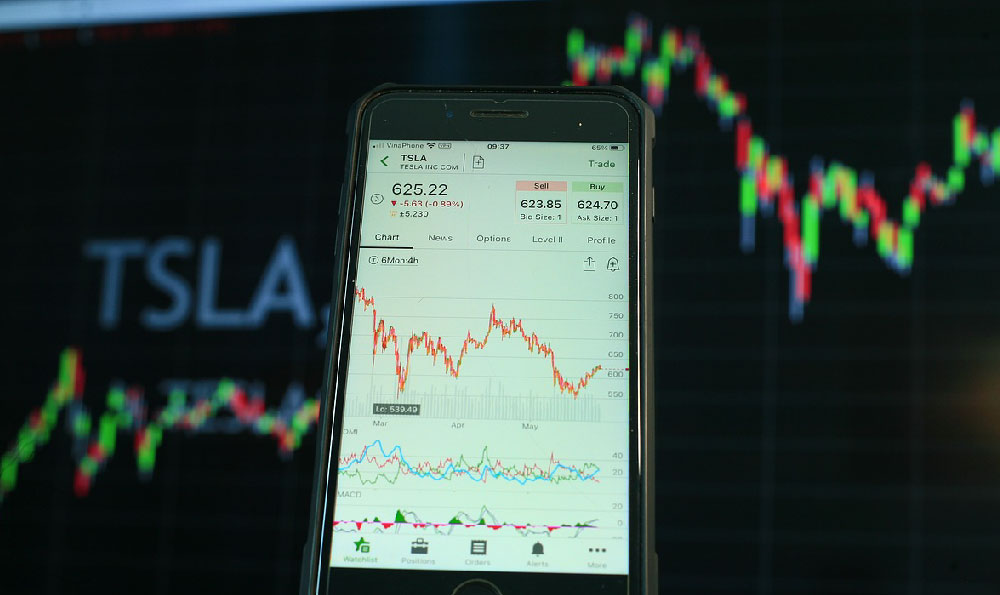The average income of homeless individuals is a complex and multifaceted issue that reveals profound insights into societal structures, economic inequality, and the challenges of poverty. While precise figures can vary significantly based on geographic location, demographic factors, and data collection methods, general trends indicate that homeless people often experience extreme financial instability, with incomes frequently below the poverty line or entirely non-existent. In the United States, for instance, the U.S. Department of Housing and Urban Development (HUD) reports that the average monthly income for homeless individuals is approximately $544, which is roughly half of the federal poverty guideline for a single person. In contrast, in European countries with more robust welfare systems, the average income may be slightly higher, though still limited by the lack of consistent employment opportunities. These statistics underscore the stark reality that homelessness is not merely a lack of shelter but a systemic economic challenge intertwined with social and psychological factors. Understanding the nuances of this issue requires examining the interplay between individual circumstances and broader societal conditions, as well as the role of economic systems in perpetuating or mitigating financial hardship.
Homelessness often stems from a combination of factors, including unemployment, medical emergencies, domestic violence, and mental health crises, all of which can create sudden financial strain. For those who are employed, income is typically irregular and insufficient to cover basic needs, such as food, clothing, and healthcare. Many homeless individuals work in low-paying, unstable jobs with limited benefits, such as hospitality, construction, or seasonal labor, which offer little security. The lack of access to stable housing can further exacerbate economic instability, as it prevents individuals from maintaining a consistent work schedule or accessing job training programs. Additionally, the stigma associated with homelessness can lead to discrimination in the job market, making it difficult for individuals to secure employment even when they are capable of working. This creates a vicious cycle where poverty and homelessness reinforce each other, leaving individuals trapped in a state of financial insecurity.
The economic implications of homelessness extend beyond individual struggles to affect broader communities and economies. Homelessness is often linked to higher rates of public expenditure on emergency services, healthcare, and law enforcement, which can place a significant burden on tax dollars. Conversely, investing in solutions that address the root causes of homelessness, such as affordable housing initiatives, job training programs, and mental health support, can yield long-term economic benefits by reducing these costs and fostering a more stable workforce. However, the data surrounding homeless individuals' incomes also highlights the importance of considering the broader context of economic inequality. For example, in countries with significant wealth gaps, the average income of homeless people may appear lower when compared to the general population, but it is often a reflection of systemic issues rather than individual failings.

Moreover, the concept of average income for homeless individuals is itself problematic, as it aggregates diverse groups with varying needs and circumstances. Some homeless individuals may have once been employed but were forced to leave their jobs due to sudden emergencies, while others may have never had the opportunity to work due to systemic barriers such as lack of education or discrimination. The average income figure therefore does not fully capture the lived experiences of those who are homeless, who may face additional challenges such as inadequate access to social services, the inability to accumulate wealth, and the struggle to maintain a sense of dignity in a society that often overlooks their contributions.
From a policy perspective, addressing the economic challenges of homelessness requires a holistic approach that goes beyond providing temporary shelter. It involves creating opportunities for employment, ensuring access to essential services such as healthcare and mental health treatment, and implementing social safety nets that can prevent individuals from falling into homelessness in the first place. In the realm of investment and financial planning, this issue raises important questions about how investors and financial professionals can contribute to social equity. For example, investing in companies that prioritize fair wages, support community development, or offer social impact initiatives can indirectly address the economic vulnerabilities faced by homeless populations. Additionally, individuals with financial resources may consider allocating a portion of their wealth to social impact funds or supporting organizations that provide job training and housing assistance, thereby contributing to a more equitable economic system.
The economic challenges faced by homeless individuals also have implications for broader financial planning. For instance, the existence of a significant segment of the population with limited income and assets can affect overall economic growth, as it reduces consumer spending and creates a burden on public resources. Conversely, addressing these challenges through targeted interventions can stimulate economic activity by improving employment rates and increasing consumer spending. This highlights the importance of integrating social and economic considerations into financial planning, recognizing that wealth creation is not only about individual returns but also about fostering a more stable and inclusive economy.
In conclusion, the average income of homeless individuals is a critical indicator of the broader economic and social challenges they face. It reflects the intersection of personal circumstances with systemic issues such as economic inequality and access to essential services. Understanding this issue requires a nuanced analysis of the factors that contribute to financial instability, as well as the potential for investment and policy interventions to address these challenges. By examining the economic implications of homelessness, investors and financial professionals can gain a deeper appreciation of the role they play in shaping a more equitable economic landscape, ultimately contributing to both personal financial success and societal well-being. This perspective emphasizes the importance of considering the human impact of economic decisions, ensuring that financial planning is not only about maximizing returns but also about creating sustainable value for all members of society.












